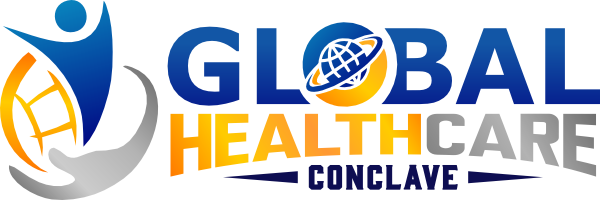
Introduction
Healthcare produces huge amounts of data every day. From electronic health records to lab results and medical imaging, the information is endless. But collecting data is not enough. The real value comes when this data is analyzed and used to improve patient outcomes. This is where big data in healthcare comes in. By applying analytics and modern technology, healthcare providers can turn raw numbers into actionable insights. As a result, patient care becomes smarter, faster, and more personalized.
What is Big Data in Healthcare?
Big data in healthcare refers to the collection and analysis of massive health-related datasets. These datasets come from multiple sources, including hospitals, wearable devices, pharmacies, and insurance claims.
Unlike traditional records, big data is not limited to one clinic or database. Instead, it combines structured information, such as lab results, with unstructured data, like doctor notes and imaging scans. This mix allows for a much deeper understanding of patient health.
Improving Patient Care with Insights
One of the biggest benefits of big data is better patient care. With real-time insights, doctors can make informed decisions quickly.
For example:
- Predictive models can warn doctors of possible complications before they happen.
- Patient histories can be analyzed to create personalized treatment plans.
- Wearables can monitor vital signs and send alerts in case of irregularities.
Because of these insights, treatment is not just reactive. Instead, it becomes proactive and preventive.

Reducing Costs with Predictive Analytics
Healthcare costs are rising worldwide. However, big data is helping reduce unnecessary spending. Predictive analytics plays a major role in this.
Hospitals can:
- Predict patient admission rates to manage resources better.
- Identify patients at risk of readmission and provide early interventions.
- Detect fraudulent insurance claims more effectively.
As a result, both patients and providers save money while maintaining quality care.
Driving Big Data in Healthcare
Big data is also a driver of healthcare innovation. Research organizations and pharmaceutical companies are using it to accelerate drug discovery, track disease patterns, and improve public health strategies.
For instance, during global health crises, big data helps identify outbreak trends and supports faster decision-making. In addition, combining big data with AI allows doctors to diagnose diseases more accurately and recommend the best treatment options.
Challenges of Big Data in Healthcare
Even though the potential is huge, challenges remain. Some of the major issues include:
- Data Privacy: Protecting sensitive patient information is a top concern.
- Data Integration: Healthcare data often exists in silos, making it hard to combine.
- Technology Gaps: Not all hospitals have the resources to manage advanced analytics.
However, with stronger security policies, better infrastructure, and global collaboration, these barriers can be overcome.
The Future of Healthcare Analytics
Looking ahead, big data will become even more central to healthcare systems. We can expect:
- Greater use of real-time monitoring for patients with chronic conditions.
- Wider adoption of AI-powered predictive analytics.
- Improved global health research through shared datasets.
In the future, data will not just guide treatment—it will prevent diseases, improve efficiency, and create a patient-first healthcare ecosystem.
Conclusion
Big data in healthcare is more than just numbers. It is a powerful tool that unlocks insights, improves patient care, reduces costs, and drives innovation. By turning data into action, healthcare systems worldwide can deliver better outcomes for patients and providers alike.
As technology continues to advance, big data will play a key role in shaping the future of medicine—making healthcare smarter, faster, and more accessible for everyone.



